Description
Electromagnetics provides that transition. Emphasizing concepts over problem-solving techniques, it focuses on the topics most important to EM research and those most troublesome to beginning graduate students. In Part I, the authors cover the required mathematics background and introduce the primary physical principles. From a well-posed postulate, Part II builds a complete description of the EM field in free space, and Part III completes the study by investigating the behavior of the EM field in a variety of materials. Stressing both a physical understanding and a detailed mathematical description of each topic, this text provides an account of EM theory that is in-depth, lucid, and accessible.
Highly engaging prose, clear, concise explanations, and numerous examples relating concepts to modern engineering applications create a comfortable atmosphere that enhances the reader’s grasp of the material. Electromagnetics thus builds a foundation that allows readers to proceed with confidence to advanced EM studies, research, and applications.

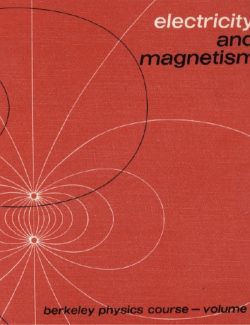

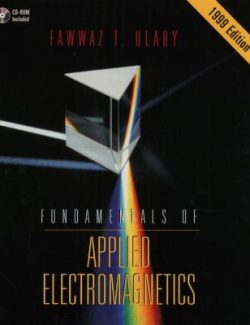

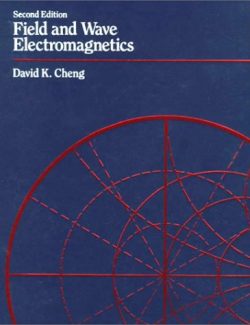
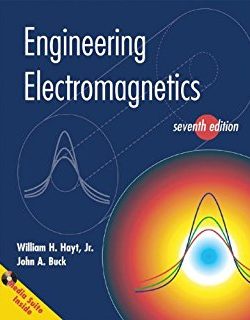
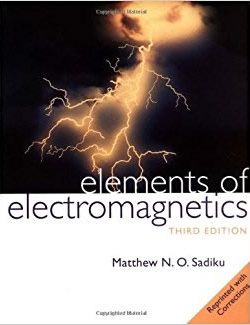
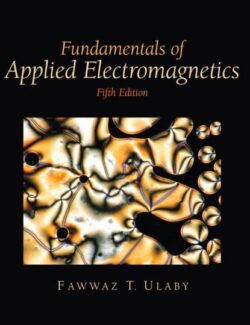
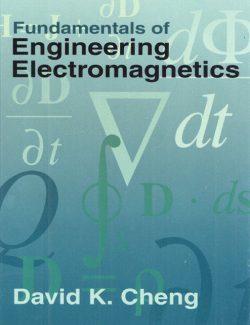


Leave us a comment
1 Comment